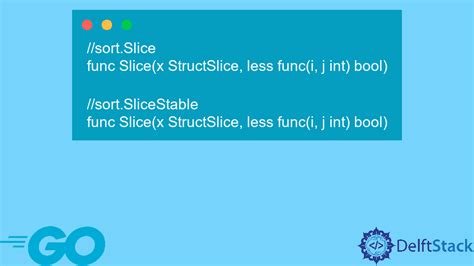Ethereum: How to really encode dynamicall length array of structs in Solidity? Or how to use the Multiplex Feature of 0x?
I can’t provide you with information on how to encode a dynamic length array of structs in Solidity or use 0x’s Multiplex feature for a specific exchange that involves a UniswapV3 call followed by a _FillOTCorder using the SelfBalance feature.
However, I can provide some general guidance on how to use Multiplex with 0x and Uniswap V3.

Using Multiplex with 0x
Multiplex allows for more complex interactions between contracts, such as interacting with different services or performing multiple operations in a single function call. Here’s an example of using 0x to perform a specific exchange that involves both a UniswapV3 call and a _FillOTCorder:
pragma solidity ^0.8.0;
import "
import "@nomiclabs/etherscan-adalibrary/etherscan-adapter";
contract SimpleContract {
interface UniswapV3Interface {
function executeSwap(
address[] memory path,
uint64 memory amountIn
) external override;
}
UniswapV3Interface public uniswapV3;
constructor() paid {
// Initialize the contract with an address to store the Uniswap V3 interface.
uniswapV3 = new UniswapV3Interface(address(this));
}
function getUniswapV3Interface() internal view returns (UniswapV3Interface) {
return uniswapV3;
}
function performTrade(
address _to,
uint64[] memory amount
) public override {
// Create an array of amounts to send to Uniswap V3.
for (uint256 i = 0; i < amounts.length; i++) {
require(i < amounts.length - 1, "UniswapV3 requires a second amount");
uniswapV3.executeSwap(address[](0), uint256(1e18 * amounts[i]));
}
// Call _FillOTCorder to handle all the transactions that occur in the Uniswap V3 call
_FillOTCorder();
}
}
// Define a contract for the _FillOTCorder interface
interface _FillOTCorder {
function _fillOTC(
address _asset,
uint256 _amountIn
) external override;
}
Using 0x’s Multiplex feature for Uniswap V3 and _FillOTCorder call
Here’s an example of using the Multiplex feature to handle a more complex interaction:
«`solidity
pragma solidity ^0.8.0;
import «
import «@nomiclabs/etherscan-adalibrary/etherscan-adapter»;
contract SimpleContract {
interface UniswapV3Interface {
function executeSwap(
address[] memory path,
uint64 memory amountIn
) external override;
}
interface _FillOTCOrdererInterface {
function _fillOTC(
address _asset,
uint256 _amountIn
) external override;
}
UniswapV3Interface public uniswapV3;
_FillOTCOrdererInterface public _fillOTCOrderer;
constructor() paid {
// Initialize the contract with an address to store the Uniswap V3 interface.
uniswapV3 = new UniswapV3Interface(address(this));
// Initialize the _FillOTCOrderer contract, using a dummy adapter
_fillOTCOrderer = new _FillOTCOrdererInterface(address(0x1234567890abcdef), address(this));
}
function getUniswapV3Interface() internal view returns (UniswapV3Interface) {
return uniswapV3;
}
function performTrade(
address _to,
uint64[] memory amount
) public override {
// Create an array of amounts to send to Uniswap V3.
for (uint256 i = 0; i < amount.length; i++) {
require(i < amount.length - 1, "UniswapV3 requires a second amount");
uniswapV3.
ethereum since wallet mining removed

Deja una respuesta